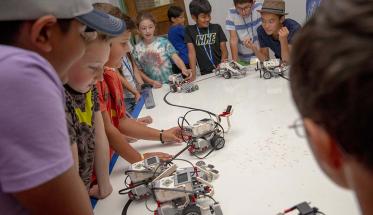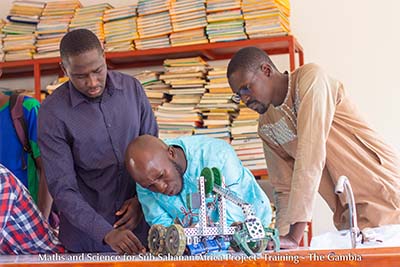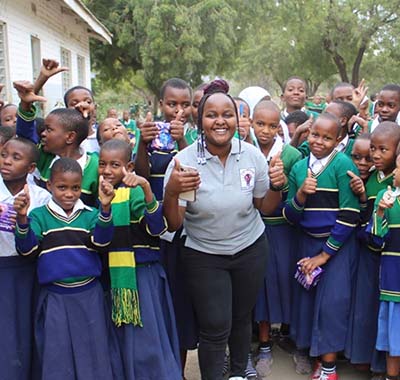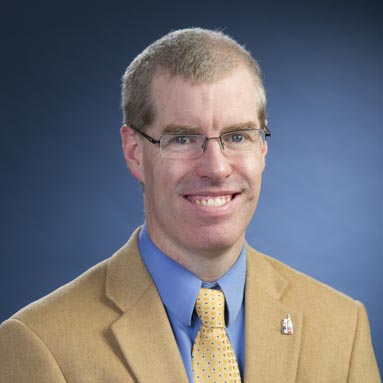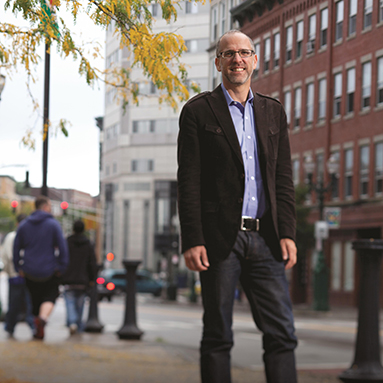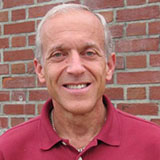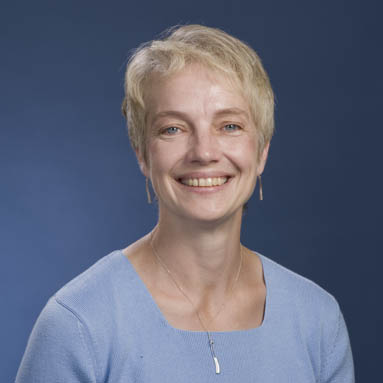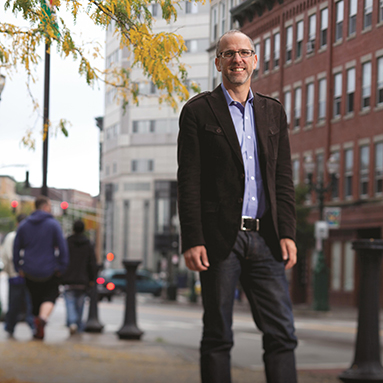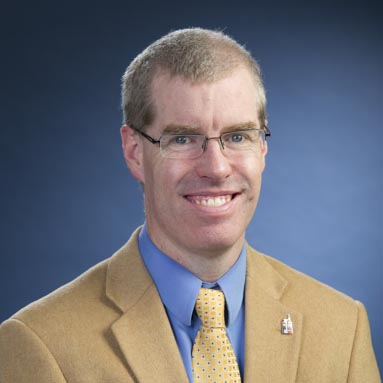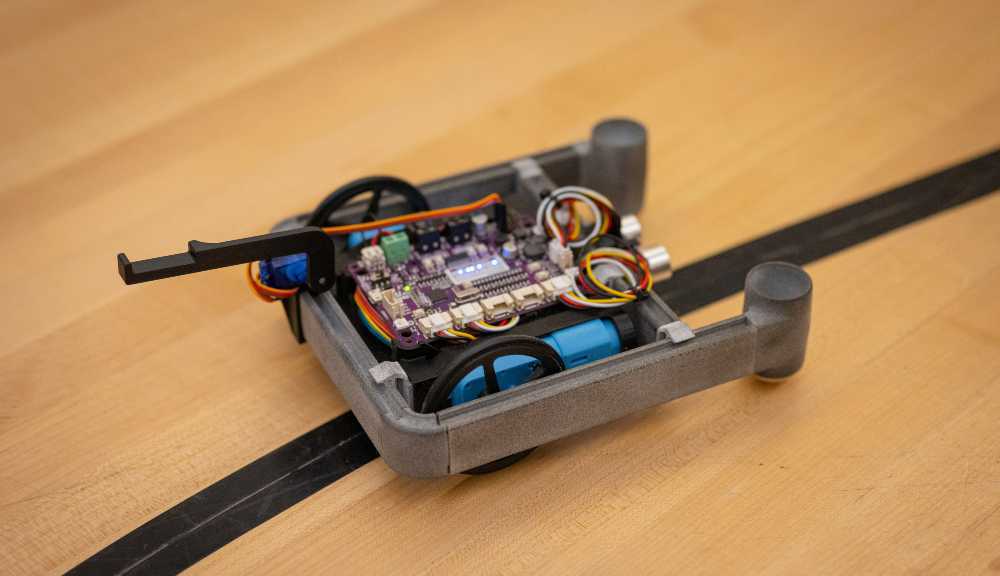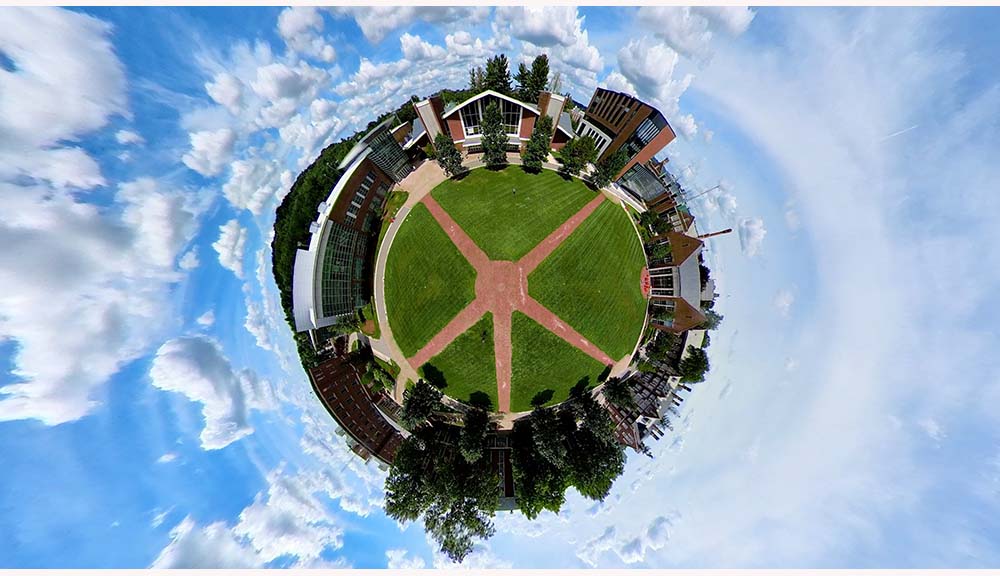With a growing need to empower and encourage more students around the world in STEM disciplines, WPI’s OpenSTEM Initiative leverages the university’s expertise and resources to help other countries and underserved schools in the United States provide high-quality, accessible K-12 STEM education the world needs now.
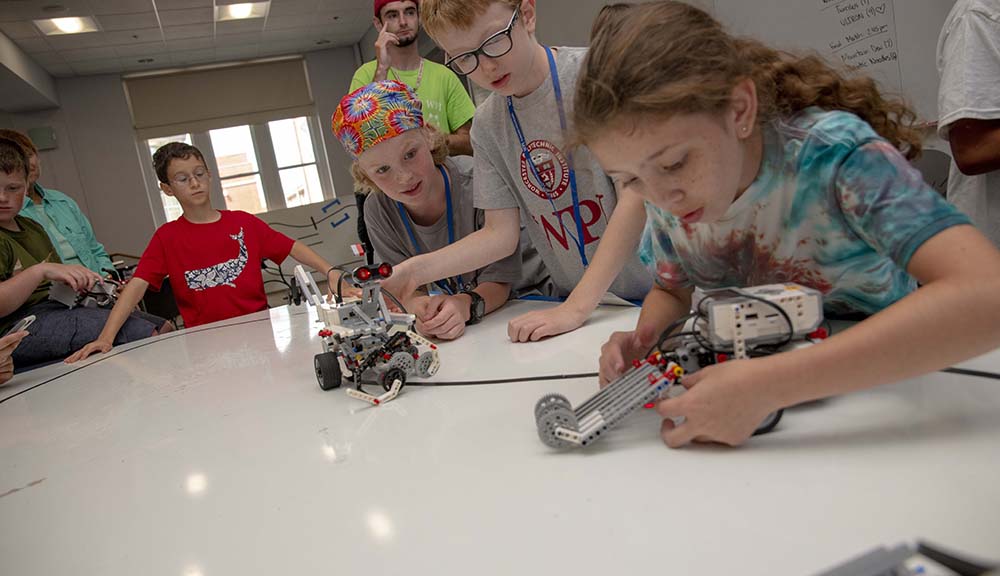
For more than 50 years, WPI has shared its expertise and resources to grow the STEM pipeline, inspire and equip the next generation of STEM leaders, support the educators who introduce students to STEM, and collaborate with global partners in their own communities. With the programming, resources, activities, and support provided by this initiative, WPI is increasing its work with educators around the world to customize and enhance their STEM educational systems.
“WPI has recognized the importance of global demand for STEM education for a very long time,” says Joseph Doiron, director of the initiative, assistant teaching professor in The Global School, and co-director of the Global Lab. “At the core of WPI’s value proposition is hands-on STEM teaching and learning. That’s always the starting point. When you couple that with our global presence in 50-plus project centers in all parts of the world, we come equipped with a global network of relationships that is different from other places. We partner with people who share our commitment to tapping teams’ multidisciplinary knowledge and lived experience to the fullest benefit. We are already doing this with local communities and around the world.”
Whether it is engaging students in STEM at the Farm Stay Project Center’s working farm and educational nature center in Paxton, Mass., or using project-based learning modules to establish a consistent method for training teachers in Africa with the Math and Science for Sub-Saharan Africa (MS4SSA) initiative, WPI’s approach is holistic and purposeful. As the globe continues to face increasingly complex challenges, a more diverse population of professionals who can bring different lenses, experiences, questions, and passions to labs and boardroom tables is essential. Creating, translating, and deploying new scientific insights and technologies to benefit everyone’s health and well-being will depend upon the inclusion of many perspectives.
“Where there’s a world that really needs STEM for it to develop, there’s a new generation of young people at many levels that really need STEM to realize their full potential.” -Wole Soboyejo
While STEM concepts are rooted in concrete principles, WPI Interim President Winston "Wole" Soboyejo stresses that dreams, imagination, and curiosity are essential to truly understand those principles and to fuel the work it takes to bring them to reality in new, innovative ways, all for the benefit of humanity. Both the concrete principles of science and creative imagination are critical to preparing and inspiring the STEM leaders of tomorrow.
“If you dream big, even when you have very limited resources, the size of your dreams determines the scope of your impact,” says Soboyejo. “For me, just as important as getting kids excited about STEM, we need to encourage them to dream big and to surround themselves with people that encourage and nurture that dream.”
That philosophy takes center stage this month at the FIRST Global Challenge, an annual Olympics-style international robotics competition that brings high school teams from more than 180 countries together in Geneva, Switzerland, in the spirit of solving global challenges together.

For the competition, WPI and DEKA Research and Development Corp. partnered to create the Experiential Robotics Platform (XRP)—a simple, easy-to-build, experiential robotic kit. The project was partially supported by a National Science Foundation grant through the Engineering For Us All (E4USA) organization and allows each team to take a first version kit home with them, nearly 200 in total. As part of the robotics kit, teams gain access to a WPI-developed curriculum that helps educators build lesson plans around it.
Robotics has proved to be an excellent and adaptable tool for capturing the curiosity of students and stimulating a broader interest in STEM. No matter the age of the user, once the concepts in robotics—from mathematics and computing, to engineering and physics—are applied while building or programming a robot, the ideas become concrete and useful.
“A tangible and fun tool like a robot is a great STEM entry point for students to see the potential of their own musings,” Soboyejo says. “The great thing about dreaming is that it fires up your effort to then translate the dream into reality.”
